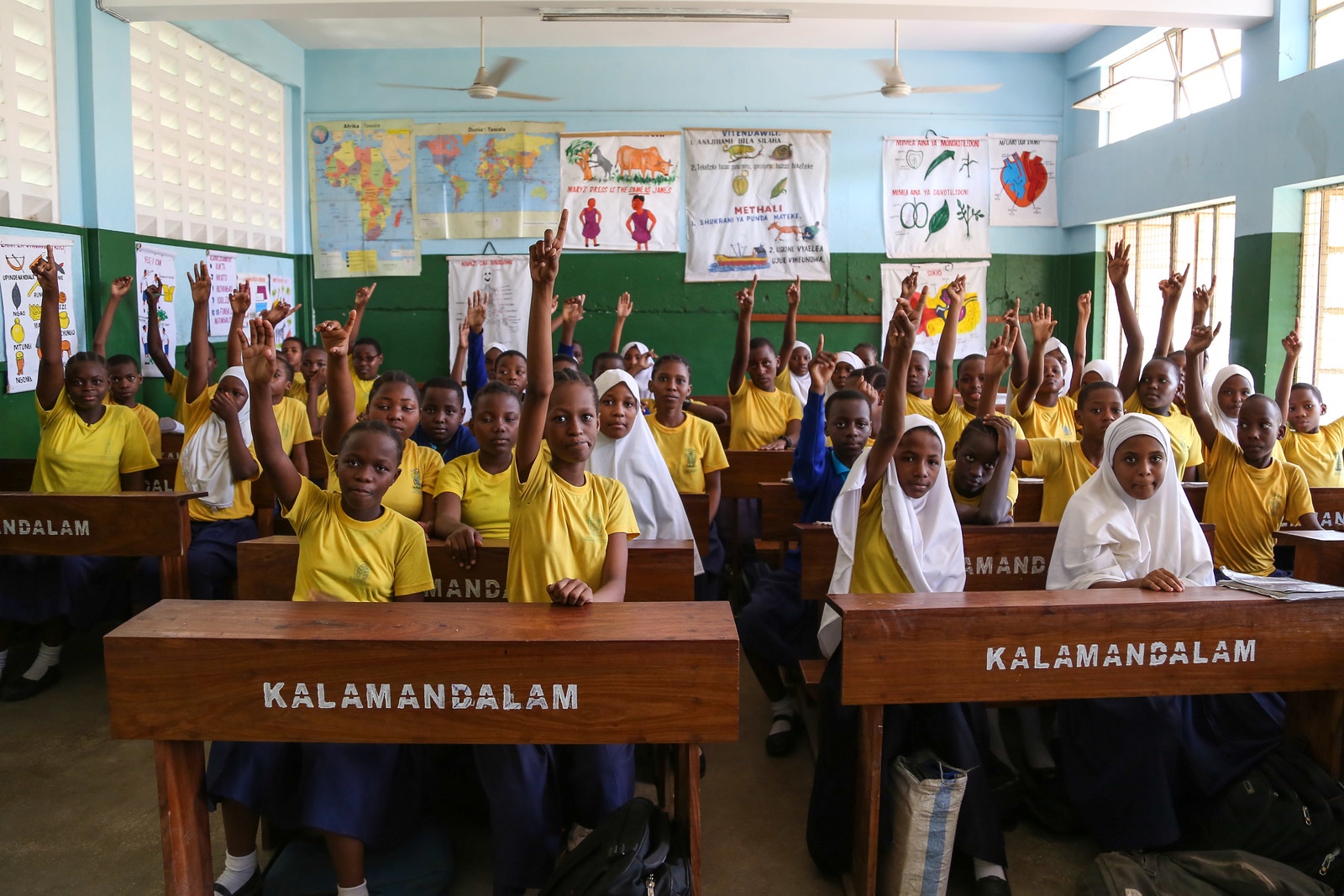A piece of paper? The benefits of a secondary school certificate in Tanzania

Students in Dar es Salaam, Tanzania | Sarah Farhat, World Bank Photo Collection
Study Context
Overall enrollment and gender parity in primary school have improved in many low and middle-income countries, leading to a shift in attention to secondary schooling. In Tanzania, approximately 1.87 million adolescents (52 percent of the eligible student population) were enrolled in lower-secondary schools as of 2016. This represents an enormous investment from the state, not to mention students and their families who forego income earning opportunities with the expectation that secondary school will “pay off.” Does it? In what ways? For whom?
Study Design
This study attempts to answer these questions, measuring the effects of earning a secondary school certificate. In Tanzania, the secondary school certificate is awarded based on the results of a nationally administered exam, with a sharp cutoff in score determining who gets the certificate and who does not. By looking at the outcomes of those who just barely passed, compared to those who just failed, the researchers isolate the signaling effect of obtaining this certificate. The primary outcomes are measured ten years later and include livelihood and employment, tertiary education, cognition, delay of early parenthood/pregnancy, physical health, and status within society and the household. These outcomes are important to the social and economic development goals of secondary education, and to its beneficiaries, but have been neglected in most work on returns to education in Tanzania. The researchers are especially interested in how the benefits of a secondary certificate may vary by sex and (pre-certificate) socio-economic status. This study will help researchers, policymakers, and society at large to assess how valuable the secondary education certificate is, and who benefits. The findings may thus support calls to further invest in quality education, and/or to improve upon equitable accessibility of this opportunity.
Results and Policy Lessons
Results forthcoming.




